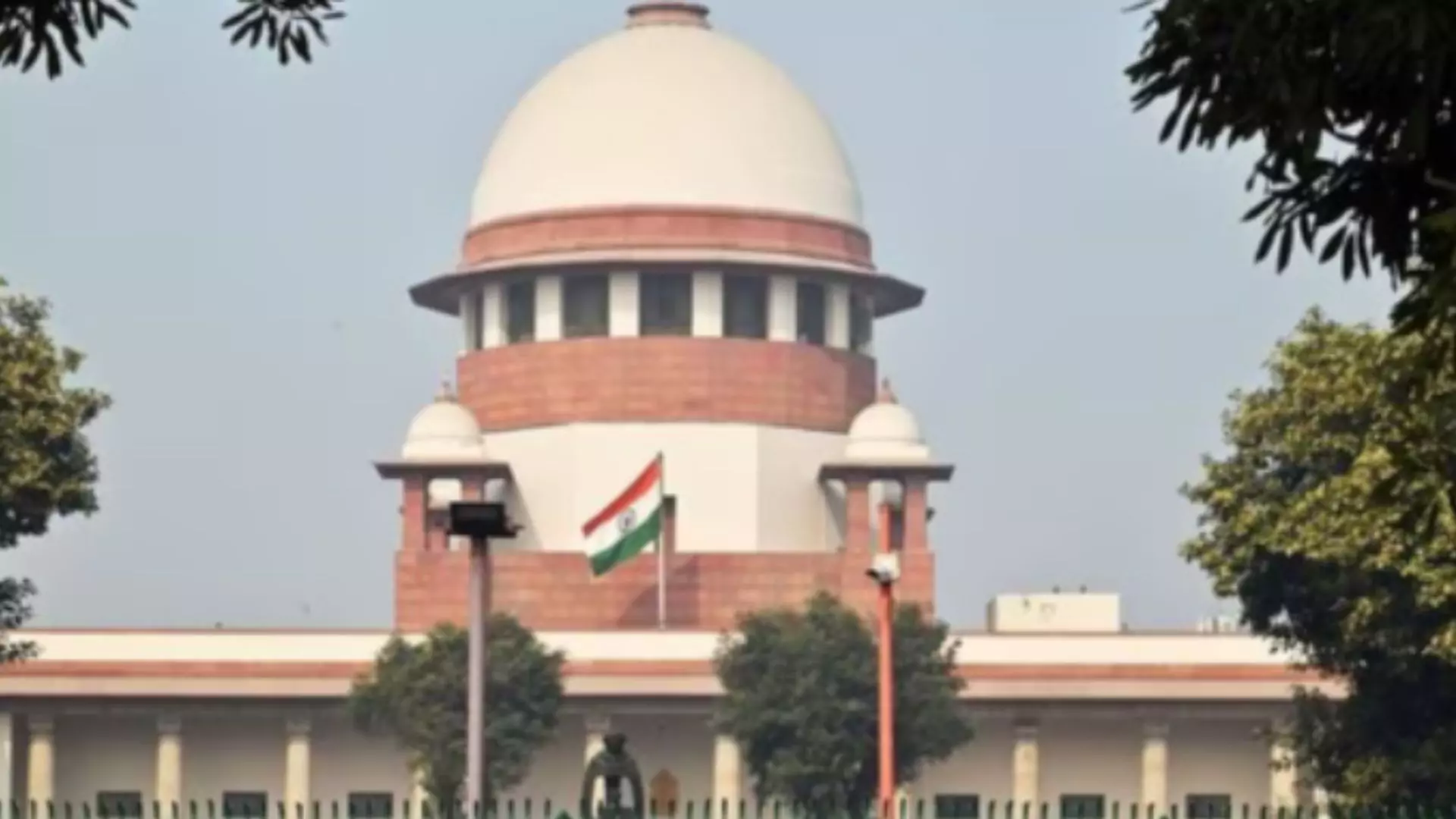The Supreme Court of India has embarked on a significant initiative to establish comprehensive guidelines aimed at enhancing the functioning of bar associations across the country. This move, seen as a crucial long-term investment in the institution’s future, seeks to address the operational challenges faced by these legal bodies. On Wednesday, a bench comprising Justices Surya Kant and Dipankar Datta underscored that this initiative is not adversarial but rather a step towards institutional reform.
“Unless we start doing something now, how will we succeed? There cannot be a magical wand to do everything,” observed the bench, urging all stakeholders to promptly begin submitting their suggestions. To streamline this process, the court has appointed advocate Vipin Nair, president of the Supreme Court Advocates-On-Record Association (SCAORA), as the nodal counsel. Nair will be responsible for coordinating with bar associations nationwide to gather their inputs, which will then be compiled and circulated as per the court’s directives.
Supreme court invites suggestions
The Supreme Court has invited suggestions on a wide array of issues, including the criteria for admitting members to various bar associations, the conduct of elections, and the overall governance of these bodies. The input is expected to cover the spectrum of operational challenges and propose solutions that can be uniformly applied across the country.
This broad reform initiative originated from a case that initially concerned allegations of discrimination and elitism within the Madras Bar Association. Although the petitioners expressed their willingness to withdraw these allegations, the Supreme Court chose to use the opportunity to examine and address the broader issue of bar association reforms.
Senior advocate S Prabhakaran, representing the Bar Council of India (BCI), informed the court that notices had already been issued to bar associations across the nation to solicit their responses. However, the bench clarified that the court’s focus extends beyond individual grievances and is centered on necessary reforms. The court also issued a stern warning against any reluctance to participate in this process, stating that non-cooperation would not deter the court’s resolve to address these important issues.
Bench raised key questions
During the proceedings, the bench raised several key questions for consideration, including the criteria for admitting members to district, high court, and Supreme Court bars. The court also questioned whether there should be uniform standards across these levels. Concerns were raised regarding the significant financial expenditures associated with bar association elections, prompting the bench to suggest that an independent regulatory body might be needed to oversee these elections, given the numerous complaints and election petitions that have surfaced over the years.
The bench proposed dedicating specific days to address issues pertinent to district, high court, and Supreme Court bar associations separately, ensuring that every member has one vote. The need for basic infrastructural improvements for bar members was also acknowledged, with the court directing SCAORA to include suggestions on this aspect as part of the reform process.
As the first step towards these reforms, the Supreme Court has directed its registry to post a notice on its official website, informing all high court and district bar associations to submit their suggestions to the SCAORA president. This matter has been scheduled for a hearing in October, where the court will review the inputs received and take further steps to implement these much-needed reforms.
MUST READ: 14 Dies In Reactor Explosion In Andhra Pradesh, President Droupadi Murmu Offers Condolences




